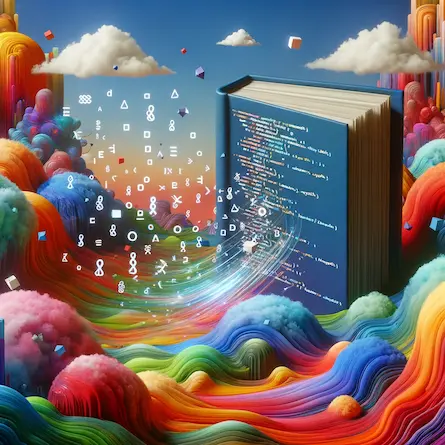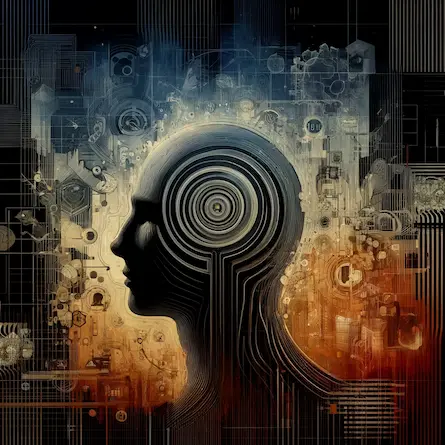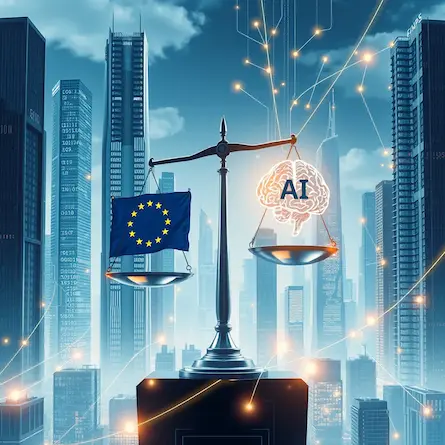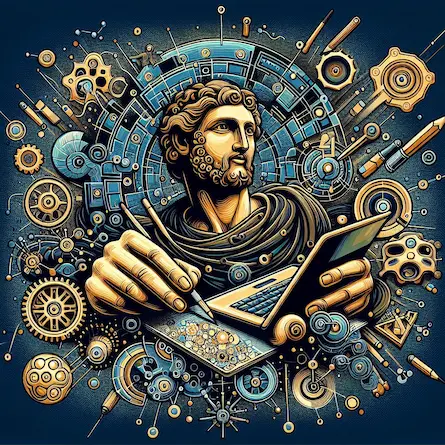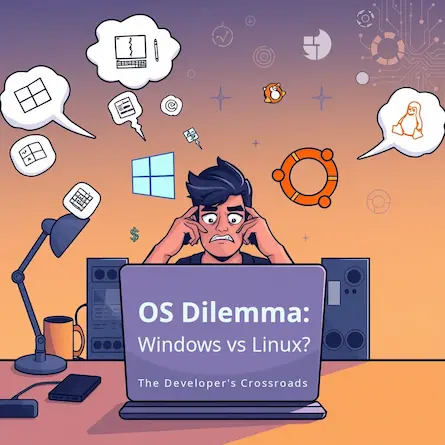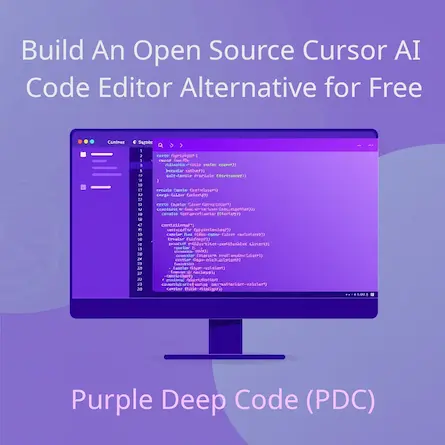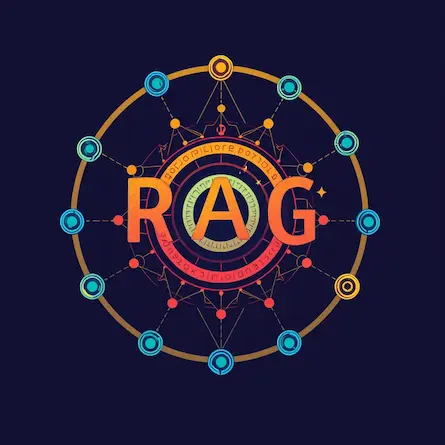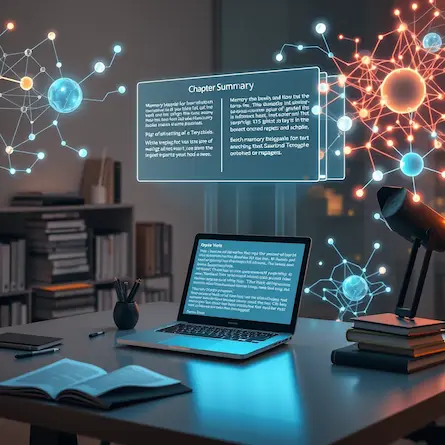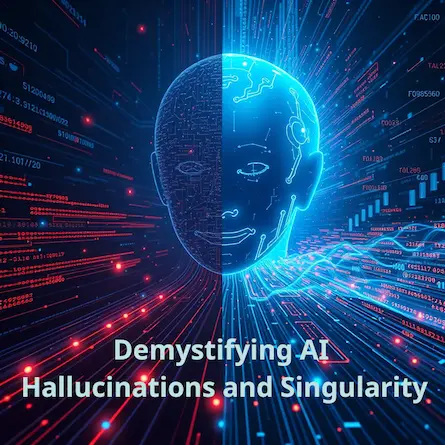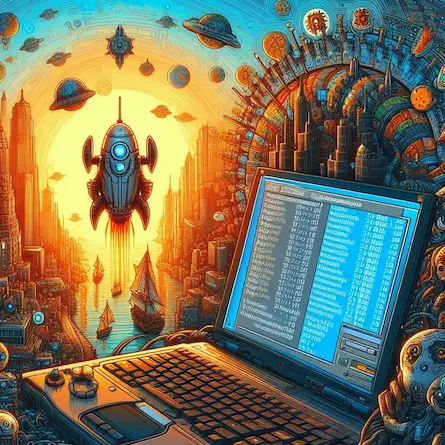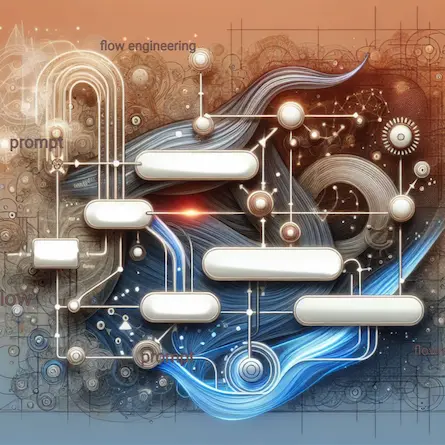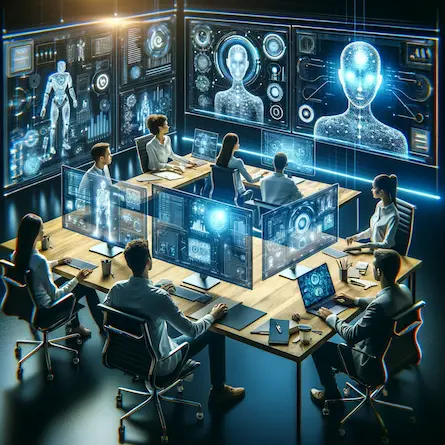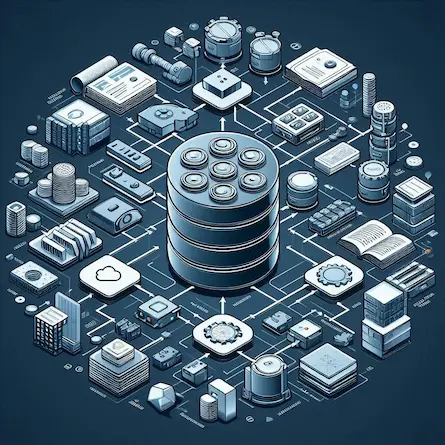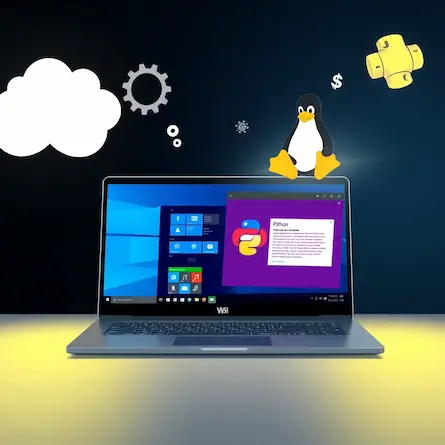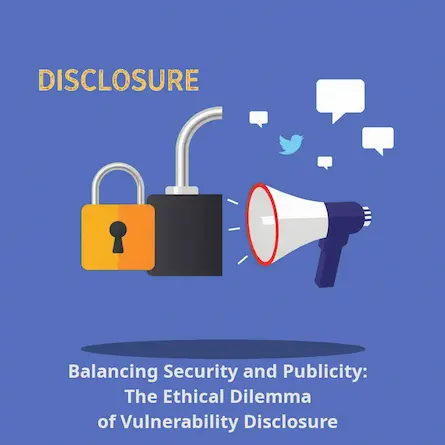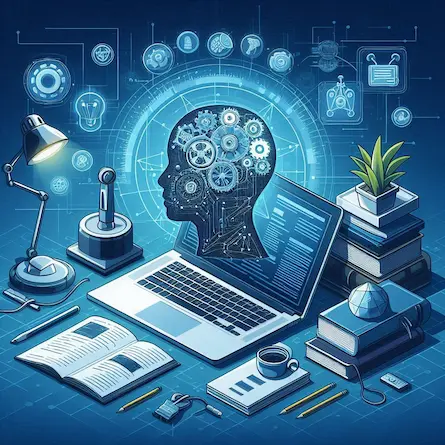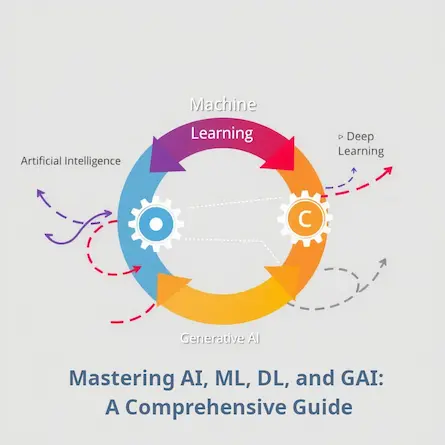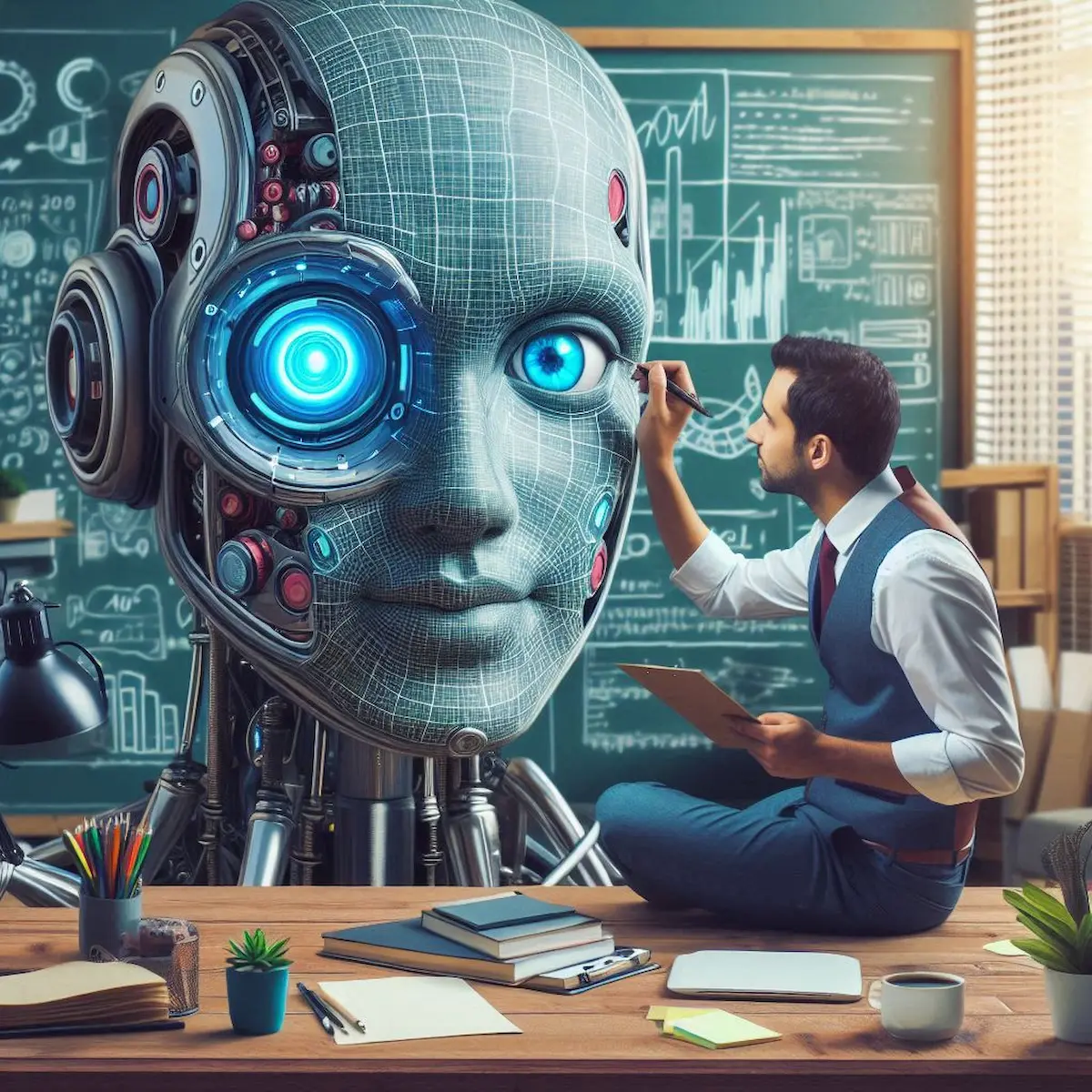
AI and the Future of Code Development: End Of Software?
- Ctrl Man
- Technology , AI
- 01 Jun, 2024
AI and the Future of Software Development: A Polemic Perspective
Introduction
The software industry is on the brink of a revolution, driven by advances in artificial intelligence and large language models (LLMs). By examining historical parallels from other industries, we can gain insights into how AI might reshape the landscape of software development.
Historical Parallels and Core Argument
Drawing on the analogy of how the internet transformed the media industry by reducing distribution costs and enabling user-generated content, we can anticipate similar impacts in software development. The argument that LLMs will drive down the cost of software creation to near-zero is compelling and aligns with expectations of AI’s potential impacts.
However, it’s overly simplistic to assume that this will necessarily spell the end for major software platforms and companies, as it did for media giants. Software creation involves many factors beyond coding—design, product strategy, operations, and sales/marketing, to name a few. Companies that thrive will be those that best leverage AI tools while retaining strengths in these other domains.
Beyond the Surface: Complexity in Software Creation
However, it’s overly simplistic to assume that major software platforms and companies will be disrupted in the same way media giants were. Software creation involves many aspects beyond just coding—design, product strategy, operations, and sales/marketing. Companies that can best leverage AI tools while retaining strengths in these domains are likely to thrive.
Architecting software to handle billions of users and petabytes of data with high reliability is an exceptional engineering feat that provides a competitive advantage. The notion that such systems could be casually replicated by a single coder is naive and overlooks several key factors:
-
Scalability - Facebook handles billions of users, petabytes of data, millions of requests per second. Designing distributed systems, databases, caching layers, load balancing etc. to operate at that scale is enormously challenging.
-
Reliability - Facebook’s systems have to be highly fault-tolerant and available. Building in redundancy, failover mechanisms, monitoring and incident response processes requires multiple engineering teams.
-
Security - Protecting user data, preventing breaches/abuse at Facebook’s scale requires robust security controls and processes far beyond a simple app.
-
Infrastructure - Facebook manages their own customized data centers, CDN, network infrastructure that a student project wouldn’t need to deal with.
-
Testing/Quality - Ensuring high quality across desktop, mobile, APIs with extensive test automation is a massive undertaking.
-
Velocity - Facebook ships code continuously, orchestrating deployment pipelines and feature releases across their massive surface area.
Even if the basic idea of a social network seems simple, replicating the complete production system of a platform like Facebook is far beyond what a single student could achieve in a weekend sprint. This claim dramatically understates the technical leadership and immense effort invested by skilled engineers over many years.
New Complexities and Opportunities
Moreover, while LLMs may commoditize some coding tasks, they will also create new complexities, specializations, and high-skilled roles that we can’t yet foresee. The ecosystem may become more disaggregated, but lucrative niches will likely emerge. This transformation will not be a straightforward displacement but an evolution with new opportunities.
For example, SaaS providers aiming for recurring revenue growth (MRRs) will likely rush to create new applications and services to help manage the AI-assisted software development lifecycle. Tools for prompting AI assistants, testing and monitoring auto-generated code, integration platforms, and novel IDEs could spawn entire new product categories.
Companies may adopt an “AI cloud” model - subscribing to AI-powered services that dynamically generate bespoke applications tailored to their needs, rather than purchasing static software licenses. This opens the door for new AI SaaS providers to manage the orchestration and continuous delivery of AI-synthesized software on an MRR basis.
Likewise, we’ll see a rise of AI “model stores” where companies buy, sell and remix pre-trained large language models as a new form of intellectual property. Demand will grow for specialists skilled at curating, fine-tuning and responsibly developing these foundational AI models into secure, ethical, and regulatory-compliant software building blocks.
So in addition to the disruption for today’s software incumbents, the emergence of AI-native code will catalyze a wave of new companies looking to supply cutting-edge AI services and tooling. The transition promises fresh complexities and opportunities that entrepreneurs will race to capitalize on.
Challenging the Simplistic View: The Value of Engineering Excellence
The provocative journalism education analogy, suggesting that majoring in computer science will become obsolete, is misleading. While AI will change the nature of software work, technical skills will remain valuable. The immense value of companies like Facebook and YouTube is derived not just from their user bases but from the excellence and scalability of their software systems. The notion that such systems can be easily replicated is naive and overlooks the complexity of engineering feats involved.
Conclusion
In conclusion, while AI and LLMs are set to transform the software industry by reducing some barriers to entry, the idea that they will entirely dismantle major software companies is simplistic. The future will see a complex interplay between human expertise and AI capabilities, with new opportunities and challenges emerging in this evolving landscape. The companies that can harness AI’s potential while maintaining their strengths in other domains will define the next era of the software industry. Vive la (r)évolution!
Frequently Asked Questions (FAQ)
Q: Will AI and LLMs make software development obsolete? A: No, AI and LLMs are not likely to make software development obsolete. While they will transform certain aspects of coding and reduce some barriers to entry, the complexity and value of engineering excellence in software development will continue to be crucial.
Q: Can AI replicate the systems of major platforms like Facebook or YouTube? A: Replicating the complete production systems of major platforms involves complexities that go far beyond coding, such as scalability, reliability, security, and infrastructure. AI cannot easily replicate these systems without the technical leadership and effort of skilled engineers.
Q: How will AI change the nature of software work? A: AI is expected to commoditize some coding tasks, but it will also introduce new complexities and specializations. Technical skills will remain valuable, and high-skilled roles will continue to evolve alongside AI advancements.
Q: What will be the impact of AI on major software companies? A: Major software companies are likely to harness AI to enhance their operations and offerings. The impact will be an evolution of the industry, with companies leveraging AI while maintaining strengths in design, product strategy, operations, and sales/marketing.
Q: Is it true that AI will drive down the cost of software creation to near-zero? A: AI and LLMs may reduce the cost of certain aspects of software creation, but the overall process involves many other factors that AI alone cannot address. The cost of software creation will not drop to near-zero but may become more efficient.
Q: Will there be new opportunities in software development due to AI? A: Yes, AI will likely create new opportunities in software development. As some tasks become automated, new roles and specializations will emerge, leading to an evolving ecosystem with lucrative niches.
